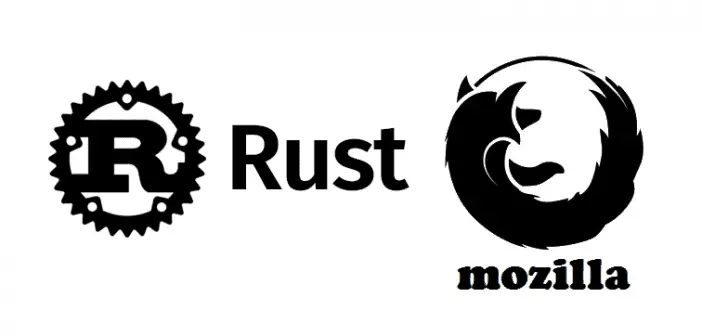AWS announces sponsorship of Rust project
There is no doubt that Rust is a good programming language. Previously, the Microsoft Security Response Center’s exploration of the use of Rust has caused a lot of attention. After four consecutive years of “the most popular programming language for developers”, Rust may have gradually changed from “language to learn” to many developers. Since the first release of the stable version four years ago, it has been widely adopted, and companies such as Google, Microsoft, and Mozilla are using Rust. Now, AWS also extends a branch to Rust.

Recently, AWS has issued a document on its open-source blog to announce the sponsorship of the Rust language. To date, Rust has achieved much growth in AWS, with services such as Lambda, EC2, and S3 choosing to use Rust in performance-sensitive components. The AWS open source Firecracker microVM project is also written in Rust.
AWS explains why they sponsored the project from the perspective of Rust maintainers:
- Performance. Rust is blazingly fast and memory-efficient: with no runtime or garbage collector, it can power performance-critical services, run on embedded devices, and easily integrate with other languages.
- Reliability. Rust’s rich type system and ownership model guarantee memory-safety and thread-safety — and enable you to eliminate many classes of bugs at compile-time.
- Productivity. Rust has great documentation, a friendly compiler with useful error messages, and top-notch tooling — an integrated package manager and build tool, smart multi-editor support with auto-completion and type inspections, an auto-formatter, and more.
Next, AWS also listed several excellent Rust libraries and praised its community, and concluded that “no surprise that Rust was voted Stack Overflow’s “Most Loved Language” four years running.”
The Rust project uses AWS services to:





